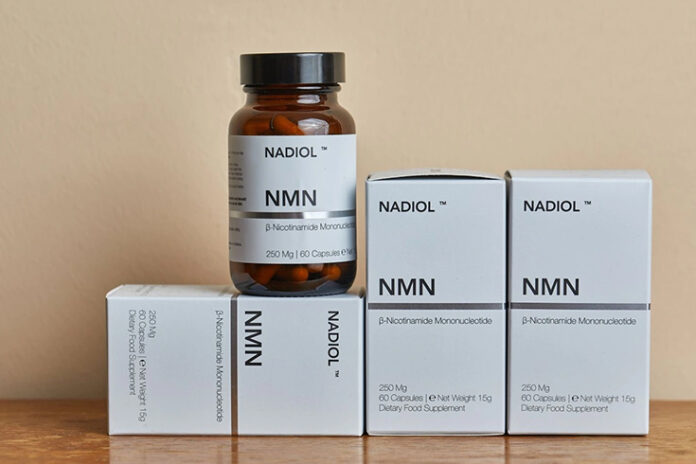A pivotal lawsuit and an amended petition may decide the fate of beta-nicotinamide mononucleotide (β-NMN) in the U.S. supplement market.
The Natural Products Association (NPA), a trade organization based in Washington, D.C., has intensified its fight against the U.S. Food and Drug Administration (FDA) over the legality of β-NMN in dietary supplements. This ongoing battle, which involves both a legal challenge and a revised citizen petition, could potentially set a precedent not just for NMN but for the broader $67 billion supplement industry.
At the core of the dispute is the FDA’s stance that NMN cannot be legally sold as a dietary supplement. The agency argues that β-NMN, a popular compound touted for its potential anti-aging benefits, was initially investigated as a pharmaceutical product, thereby disqualifying it from being marketed as a dietary supplement under current regulations.
Seeking a Definitive Ruling
In its amended 17-page petition, NPA has called on the FDA to either acknowledge NMN as a legal dietary supplement or exercise enforcement discretion, allowing it to remain on the market while regulatory clarity is established. Should the FDA refuse, NPA has requested that the Secretary of Health and Human Services (HHS) initiate a formal rulemaking process to legalize NMN through public notice and comment.
Legal proceedings have been temporarily paused, pending FDA’s official response to NPA’s petition, which is expected by July 31, 2025, as per a court directive. This delay prolongs the uncertainty for supplement manufacturers, investors, and consumers eager for a resolution.
What’s at Stake?
The outcome of this case could extend beyond NMN and affect future innovations in dietary supplements. With the industry generating nearly $68 billion in annual sales, regulatory decisions on NMN could influence how new ingredients are introduced to the market.
Central to the debate is the FDA’s interpretation of the so-called “drug exclusion clause” within the Dietary Supplement Health and Education Act of 1994 (DSHEA). This clause prevents a substance from being marketed as a supplement if it was first authorized for pharmaceutical development and underwent significant clinical trials.
The FDA cites Metro International Biotech’s (Metro) clinical research on a proprietary NMN derivative, MIB-626, as grounds for excluding NMN from the supplement category. However, NPA contends that Metro’s patented MIB-626 is fundamentally different from the naturally occurring NMN found in supplements and should not trigger the exclusion clause.
Patent Issues and the ‘Substantial Clinical Trials’ Debate
NPA’s petition highlights a critical legal argument: under U.S. patent law, a naturally occurring compound like NMN cannot be patented unless it is modified into a distinguishable product. Thus, Metro’s patented MIB-626, by definition, must differ from the NMN used in supplements. As a result, NPA asserts that FDA’s reliance on Metro’s trials to exclude NMN from the market is scientifically and legally flawed.
Additionally, NPA questions whether Metro’s clinical trials meet the “substantial” threshold required to activate the drug exclusion clause. According to NPA, the initial trials cited by the FDA involved a limited number of participants and short durations, raising doubts about their significance.
While NPA pushes for regulatory flexibility, Metro International Biotech maintains that allowing NMN supplements would violate the drug exclusion clause and compromise public safety due to insufficient oversight. In a formal response to NPA’s petition, Metro urged the FDA to uphold its original decision, arguing that supplements containing NMN lack adequate safety data and proper manufacturing standards.
This case isn’t just about NMN. It underscores the ongoing tension between pharmaceutical innovation and supplement market freedom. If NPA succeeds, it could pave the way for other naturally occurring compounds to enter the supplement market without being blocked by pharmaceutical interests. Conversely, a ruling in favour of the FDA could create a chilling effect on future supplement innovation.
As the industry awaits the FDA’s final decision, stakeholders across the dietary supplement space are watching closely. The eventual outcome will likely influence how regulators, manufacturers, and investors approach the introduction of new supplement ingredients for years to come.









